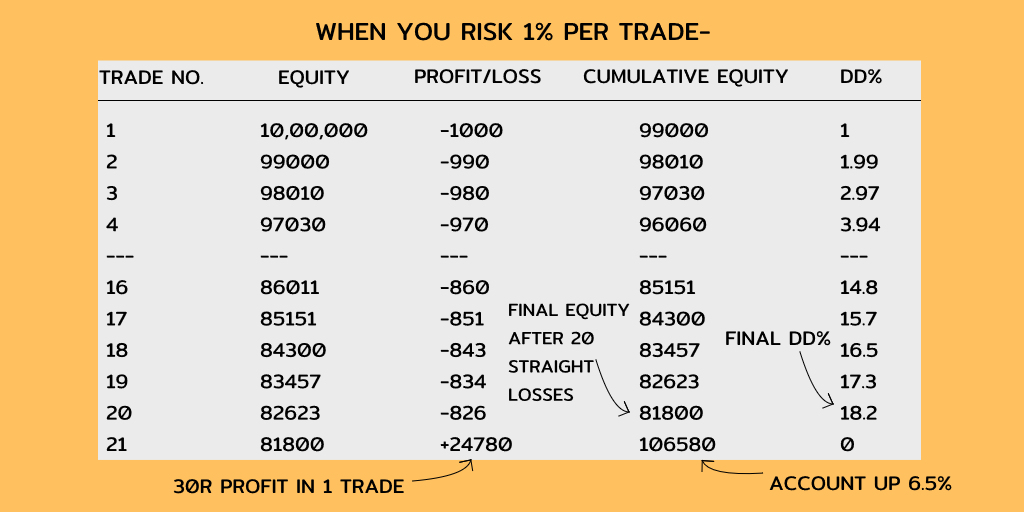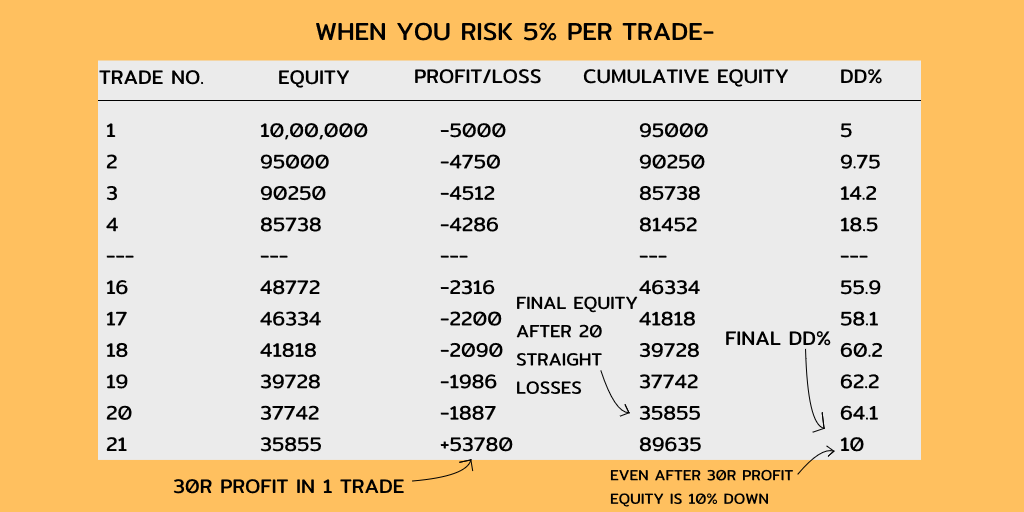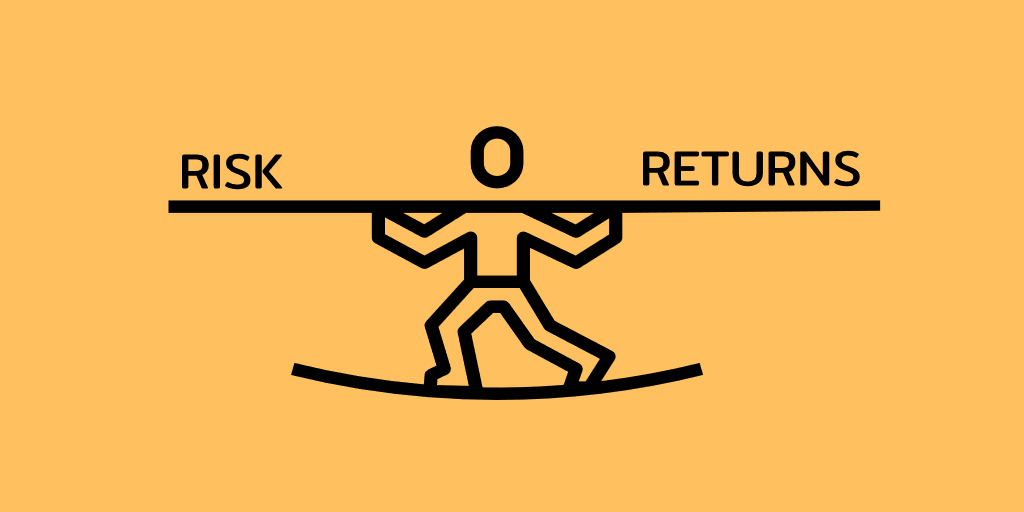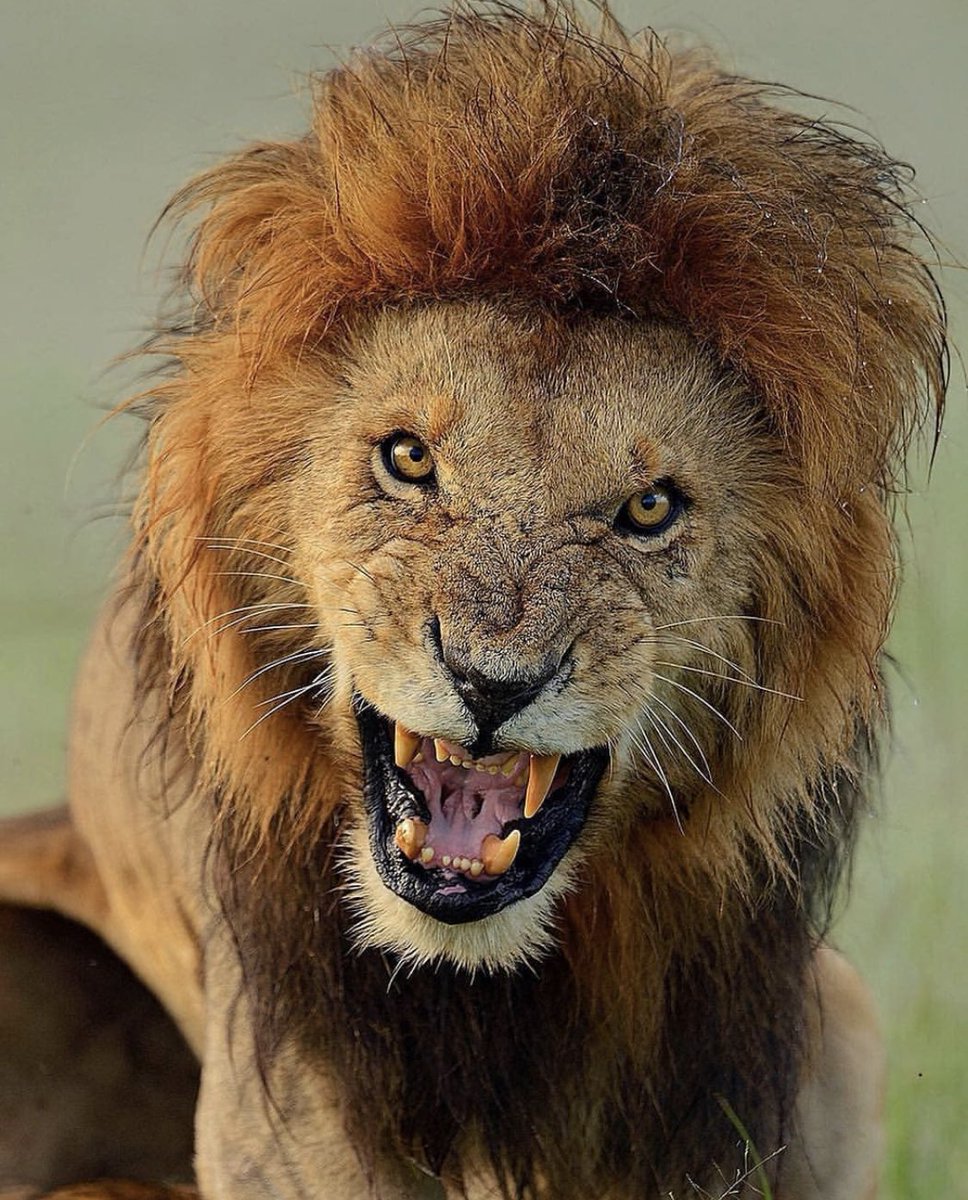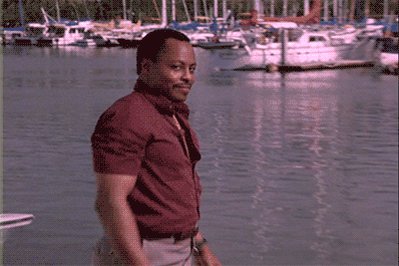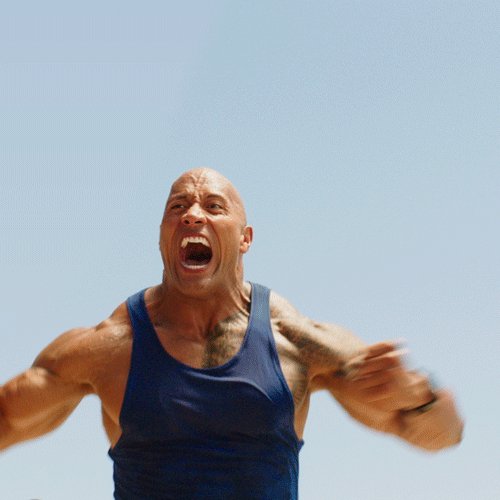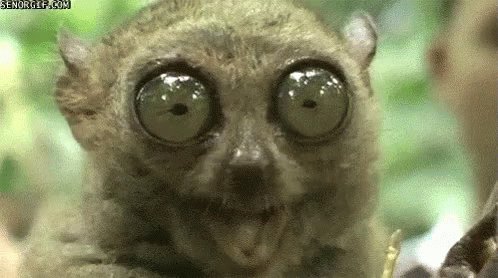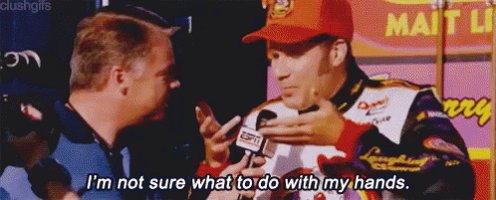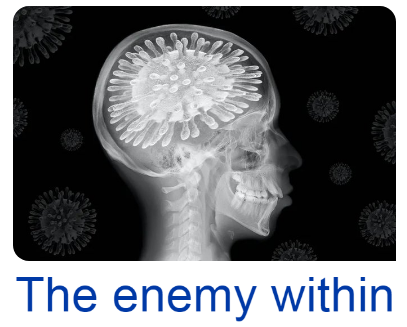Just got a tip that Citadel reloaded their shorts before they told Robinhood to stop trading $GME.
If this is true, Ken Griffin and the Robinhood founders should be in jail.
This is class warfare.
More from Justin Kan
Finding product market fit is the critical thing to do in a startup.
Everything else: demo day, what investors you get, how much you raise, what press covers you -- it is all window dressing.
Many founders don’t want to talk to their customers because it makes them vulnerable, because it's hard work, because it's scary. Creating a tight feedback loop with customers is the one thing that will help you discover PMF.
If a customer isn't one of your cofounders, try to create a customer panel that allows as tight of a loop as possible. Call them daily. Put them in your Slack.
My Twitch cofounder Emmett Shear has a great analogy on PMF here: it's like rolling a boulder downhill.
1/ What is \u201cproduct/market fit\u201d? I\u2019m not sure I can give you a definition. But maybe I can share what the subjective difference is in how it feels when you have it and when you don\u2019t. Founding a startup is deciding to take on the burden of Sisyphus: pushing a boulder up a hill.
— Emmett Shear (@eshear) July 27, 2019
More from Trading
As this year comes to an end, here are the 11 most powerful threads on Subasish Pani exclusively compiled for you all.
Collborated with @AdityaTodmal
1/ Important concepts from Power of Stocks - Subasish
Important Concepts from Power of Stocks\u2014 Subhasish Pani
— Aditya Todmal (@AdityaTodmal) August 12, 2022
7+ years of trading experience in 14 tweets\U0001f9f5
Collaborated with @niki_poojary
2/ Important concepts with video links of Subasish
There are plenty of videos of Subhasish Pani from Power of Stocks.
— Aditya Todmal (@AdityaTodmal) April 17, 2022
You already know those.
Instead, here are 12 concepts from his videos that will make you a better trader\u2013\u2013not worse:\U0001f9f5
Collaborated with @niki_poojary
3/ The 5 EMA
Subasish Pani revealed the most simple, yet successful strategy: 5EMA set up!
— Nikita Poojary (@niki_poojary) July 3, 2022
Here is a thread of 23 video clips on the 5EMA set-up that will save you hundreds of hours and available to you for no cost!
5EMA set-up: \U0001f9f5!
Collaborated with @AdityaTodmal
4/ The Bollinger Band set-
A set up which has a minimum Risk/Reward (R/R) of 1:4
— Nikita Poojary (@niki_poojary) October 2, 2022
This set up can be used for intraday, option selling, option buying, as well as investing.
Maximum profit strategy by Subasish Pani.
Bollinger band set-up: \U0001f9f5!
Collaborated with @AdityaTodmal pic.twitter.com/aEIUVQF2XY
You May Also Like
Hello!! 👋
• I have curated some of the best tweets from the best traders we know of.
• Making one master thread and will keep posting all my threads under this.
• Go through this for super learning/value totally free of cost! 😃
1. 7 FREE OPTION TRADING COURSES FOR
A THREAD:
— Aditya Todmal (@AdityaTodmal) November 28, 2020
7 FREE OPTION TRADING COURSES FOR BEGINNERS.
Been getting lot of dm's from people telling me they want to learn option trading and need some recommendations.
Here I'm listing the resources every beginner should go through to shorten their learning curve.
(1/10)
2. THE ABSOLUTE BEST 15 SCANNERS EXPERTS ARE USING
Got these scanners from the following accounts:
1. @Pathik_Trader
2. @sanjufunda
3. @sanstocktrader
4. @SouravSenguptaI
5. @Rishikesh_ADX
The absolute best 15 scanners which experts are using.
— Aditya Todmal (@AdityaTodmal) January 29, 2021
Got these scanners from the following accounts:
1. @Pathik_Trader
2. @sanjufunda
3. @sanstocktrader
4. @SouravSenguptaI
5. @Rishikesh_ADX
Share for the benefit of everyone.
3. 12 TRADING SETUPS which experts are using.
These setups I found from the following 4 accounts:
1. @Pathik_Trader
2. @sourabhsiso19
3. @ITRADE191
4.
12 TRADING SETUPS which experts are using.
— Aditya Todmal (@AdityaTodmal) February 7, 2021
These setups I found from the following 4 accounts:
1. @Pathik_Trader
2. @sourabhsiso19
3. @ITRADE191
4. @DillikiBiili
Share for the benefit of everyone.
4. Curated tweets on HOW TO SELL STRADDLES.
Everything covered in this thread.
1. Management
2. How to initiate
3. When to exit straddles
4. Examples
5. Videos on
Curated tweets on How to Sell Straddles
— Aditya Todmal (@AdityaTodmal) February 21, 2021
Everything covered in this thread.
1. Management
2. How to initiate
3. When to exit straddles
4. Examples
5. Videos on Straddles
Share if you find this knowledgeable for the benefit of others.
📈 ~12000 vistis
☑️ 109 transactions
💰 353€ profit (285 after tax)
I have spent 1.5 months on this app. You can make more $ in 2 days.
🤷♂️

I'm still happy that I launched a paid app bcs it involved extra work:
- backend for processing payments (+ permissions, webhooks, etc)
- integration with payment processor
- UI for license activation in Electron
- machine activation limit
- autoupdates
- mailgun emails
etc.
These things seemed super scary at first. I always thought it was way too much work and something would break. But I'm glad I persisted. So far the only problem I have is that mailgun is not delivering the license keys to certain domains like https://t.co/6Bqn0FUYXo etc. 👌
omg I just realized that me . com is an Apple domain, of course something wouldn't work with these dicks


